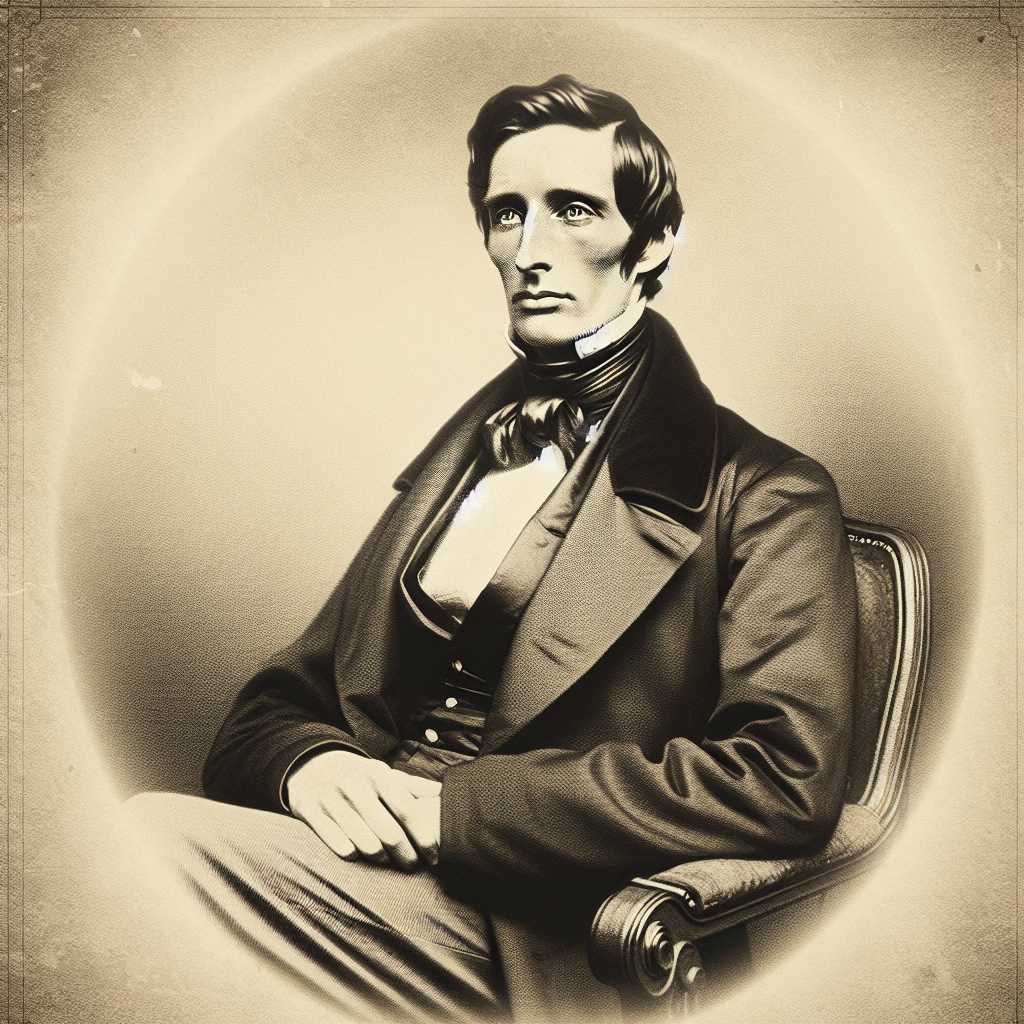The Enduring Legacy of Abraham Lincoln: A Comprehensive Consideration
Abraham Lincoln, the 16th president of the United States, remains a pivotal figure in American history. His leadership during the country’s most tumultuous period, the Civil War, and his enduring contributions to the nation’s ideals and legal framework, have left a legacy that continues to shape the United States centuries after his assassination.
Early Life and Political Beginnings
Born on February 12, 1809, in a log cabin in Kentucky, Lincoln’s early life was marked by hardship and limited formal education. However, his voracious reading habits and determination drove him to educate himself. He eventually moved to Illinois, where he worked various jobs before entering politics.
The Lawyer and Local Politician
In Illinois, Lincoln established a successful law practice, which introduced him into the realm of local politics. He served multiple terms in the Illinois State Legislature as a Whig representative and later became a leader in the establishment of the Republican Party. His political career was characterized by his debates against Stephen A. Douglas on slavery issues, earning him national recognition.
The Path to the Presidency
Lincoln’s political perspectives and oratory skills culminated in his election as President of the United States in 1860. With the nation already deeply divided over slavery, his victory signaled the secession of Southern states and ultimately led to the outbreak of the Civil War.
Guiding the Nation Through Civil War
Once in office, Lincoln faced the colossal task of preserving the Union and managing the Civil War. His exceptional leadership skills, commitment to Republican values, and belief in national unity guided his strategic decisions throughout the conflict.
The Emancipation Proclamation
Perhaps one of Lincoln’s most defining acts was issuing the Emancipation Proclamation on January 1, 1863, which declared that all slaves in Confederate-held territory were free. While it did not immediately liberate all slaves, it transformed the perception of the war from a fight to preserve the Union to a crusade to abolish slavery.
Speeches That Shaped America
Lincoln was not just an effective political strategist but also a master orator whose speeches resonated with American ideals. The Gettysburg Address delivered after the Battle of Gettysburg in 1863 is considered one of his most important speeches. In it, he reaffirmed the principles of freedom and equality as central tenets upon which the nation was founded.
Assassination and Legacy
Tragically, Abraham Lincoln’s life was cut short when he was assassinated by John Wilkes Booth on April 14, 1865. His unexpected death came just days after General Robert E. Lee’s surrender at Appomattox Court House, ensuring that he would not live to see the reconstruction of the Union he had fought so hard to preserve.
However, Lincoln’s legacy continued to influence successive generations. The 13th Amendment to the Constitution, which abolished slavery in the United States, was passed posthumously in recognition of his efforts toward ending slavery.
Cultural Impact and Memorials
Abraham Lincoln has been subject to numerous memorials across the country-notably among them being The Lincoln Memorial in Washington D.C. His face is etched into Mount Rushmore alongside other notable presidents like George Washington, Thomas Jefferson, and Theodore Roosevelt.
Notes
Image description: A stately portrait of Abraham Lincoln showing him seated and draped in a formal coat with a tie. Set against a plain backdrop, his gaze appears contemplative as he poses for one of the many civil-war era photographs that have contributed to his iconic status.
